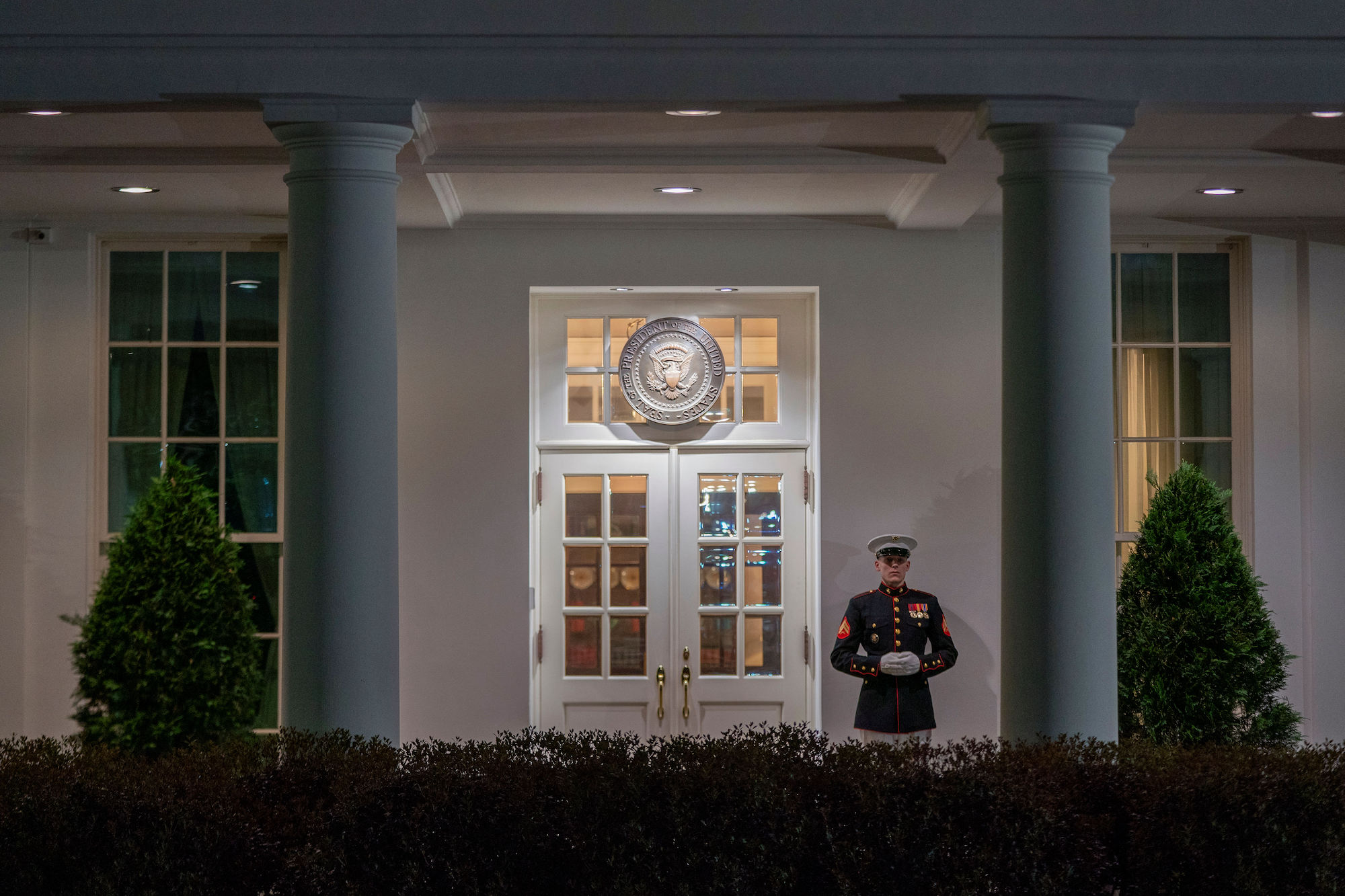Ahead of Iran launching dozens of drones toward Israel, President Joe Biden on Friday made clear the US would help defend its ally.
“We are devoted to the defense of Israel,” he said from the White House. “We will support Israel. We will help defend Israel and Iran will not succeed.”
The US has forces in Iraq and Syria that could potentially intercept drones en route to Israel, depending on the location from which they’re launched. US Navy forces in the Red Sea have previously intercepted long-range missiles launched from the Houthis in Yemen toward Israel.
Troops in region: There are thousands of US troops throughout the Middle East, and a US defense official told CNN this week that the Defense Department was moving additional assets to the Middle East.
At the start of the war between Israel and Hamas, the US shifted a significant number of assets to the Middle East in an attempt to act as a deterrence and prevent the conflict from spilling out into the region more broadly.
Another roughly 1,000 US troops are still en route to help set up a floating pier that will be used to deliver humanitarian aid to Gaza. Pentagon spokesperson Maj. Gen. Pat Ryder said this week that it was still on track to be operational by late April or early May.
Strike group: The USS Dwight D. Eisenhower carrier strike group remains in the region. The strike group includes 6,000 sailors, the Ticonderoga-class guided-missile cruiser USS Philippine Sea (CG 58), and Arleigh Burke-class guided-missile destroyers USS Mason (DDG 87) and USS Gravely (DDG 107). The group also includes Carrier Air Wing Three, which is composed of nine squadrons, including four strike fighter squadrons.
Houthi attacks: For the last several months, the US has continuously shot down missiles, rockets, and drones launched by the Iran-backed Houthis in Yemen, as well as attacks launched by Iran-backed proxy groups in Iraq and Syria. Three US soldiers were killed in January when a drone was launched at a small US outpost in Jordan.
CENTCOM leader: Gen. Erik Kurilla, the commander of CENTCOM who is the senior general overseeing US forces in the Middle East, was in Israel on Friday for meetings with his Israeli counterparts. A US official told CNN on Saturday that Kurilla had left the country.




